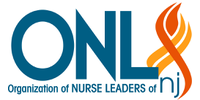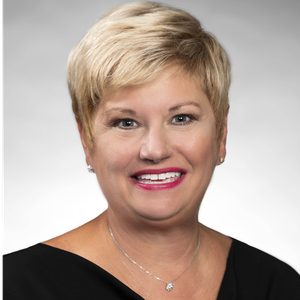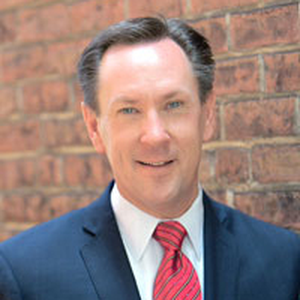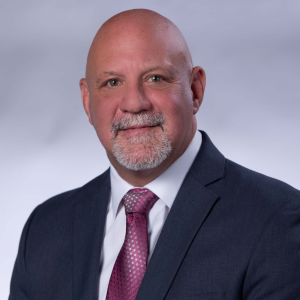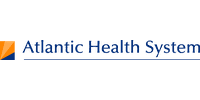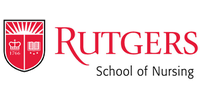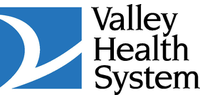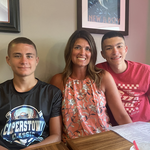Event Details
The American Association of Critical Care Nurses (AACN) reports that there is a growing body of research that shows that creating and maintaining a healthy work environment is critical to ensuring a strong future for America's healthcare system. Creating and sustaining a healthy work environment requires intentional effort and concrete action steps. It is a journey, not a sprint, that requires long-term organizational culture change throughout all levels of the organization.
While violence in the workplace can occur across many industries and professions, this issue disproportionately impacts the healthcare workforce. Healthcare workers are five times more likely to sustain a workplace violence injury than other professions. in 2018, 73 percent of all nonfatal workplace violence-related injuries involved healthcare workers. Even with such a high reported prevalence, the incidence of workplace violence is likely even higher due to underreporting. Workplace violence in healthcare settings has become an increasing problem in recent years, particularly during the COVID-19 pandemic, which presented unique challenges for both patients and providers.
In addition to violence that healthcare workers may experience from patients, families, or visitors, horizontal violence is also prevalent in healthcare. Horizontal violence can be defined as hostile, aggressive and harmful behaviors toward coworkers via attitudes, actions, words, or other behaviors such as bullying, incivility, or hazing. while this can occur across all healthcare professions, nurses are especially impacted, with one study estimating that 22 to 44 percent of nurses experience bullying at some point in their professional careers.
Please join ONLNJ in exploring how Nurse Leaders can effectively improve, cultivate and sustain a"Healthy Work Environment".
Participants will hear from Keynote Presenter, Dennis Mcintee, the best selling author of "The 8 Qualities of Drama Free Teams", who will hold an interactive session with participants, offering effective techniques that will enact transformation of your current teams to create a sustainable high-trust and high-performance culture; Elizabeth G Rudolph, JD, MSN, RN, PINC, will impart the most current laws and how they affect your nursing practiceand assist you on building a nurse leader legal skill set; Paul M. Sarnese, MSE, MAS, CHPA, CAPM, owner of Secured & Prepared Consulting, LLC and Past President for the International Association for Healthcare Security and Safety, will share evidenced-based and proven best practices on how to mitigate health care violence; and Endnote Presenter, Renee Thompson, DNP, RN, FAAN, CSP, will lead a discussion on developing and cultivating a healthy workforce, by addressing bullying and incivility and will offer practical strategies and tools for healthcare leaders that can be immediately implemented to address workplace violence, bullying, and incivility within their care environment
Target Audience: Nurse managers, nursing coordinators, assistant nurse managers, clinical nurses, chief nursing officers, vice presidents of patient care, assistant vice presidents of nursing, administrative directors, directors of nursing, aspiring nurse leaders, new ONL NJ mentors and mentees, Nursing Workplace Environment Staffing Council members, university deans. nurse educators, nurse researchers and scientists, post-acute leaders and nursing home administrators.
Learner Outcome: At the conclusion of this educational event, the learner will gain knowledge on the critical challenges of improving and sustaining a healthy work environment and will self-report confidence in adopting at least two key strategies to improve and sustain a healthy work environment in challenging times, which may be transferable to their practice and/or organization.
Eighty percent of the learners will report that they have confidence in implementing at least two key strategies to improve and sustain a healthy work environment in challenging times, which may be transferable to their practice and/or organization.
Successful completion of the course is defined as in-person attendance for 100 percent of the didactic learning session and a completed course evaluation.
Continuing Nursing Education Credits: This activity has been submitted to the American Association of Critical Care Nurses for approval to award contact hours. The American Association of Critical Care Nurses is accredited as an approver of nursing continuing professional development by the American Nurses Credentialing Center's Commission on Accreditation.
